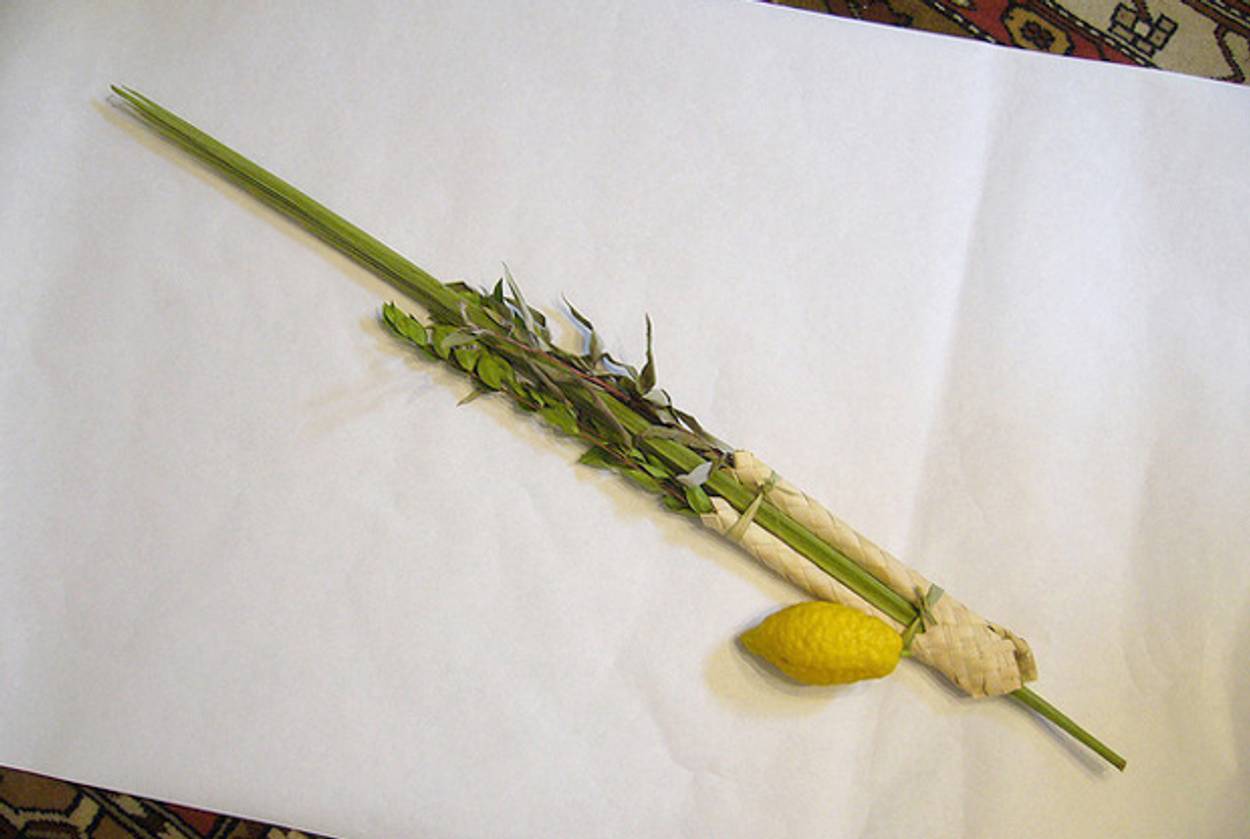Make Like an Egyptian Tree, and Avoid Israel
Palm frond export ban threatens Sukkot lulav supply




On Sunday, Egypt announced a two-year prohibition on the export of palm leaves to Israel, due in part to a troublesome Red Palm Weevil. The move threatens the supply of lulavs, a crucial instrument in the Sukkot ritual: Egypt annually exports up to 700,000 palm fronds to Israel, and roughly half that number to the United States and Europe.
While Egypt’s agriculture minister cited both excessive harvesting and disease in announcing the ban, some were quick to link his statement to the recent contretemps between his country and Israel, which brought tensions to perhaps their highest point since the 1979 peace treaty.
Egypt announced a similar ban in 2005, and, additionally, the Israeli daily Maariv reported that unidentified Israeli importers paid off Egyptian palm growers to limit their exports to drive up prices; the resultant shortage affected Jewish communities around the globe. In 2010, despite another announced ban, Egypt maintained its normal output. (The issue is important enough as to merit mention in a just-dumped WikiLeaks cable.)
In addition to Egypt, Israelis also use lulavs from the West Bank and even Gaza, so we’ll have to wait to see how things shake out this year. Fortunately, Israel does not appear to rely on the hot Iranian desert for its etrogs.
Egyptian Government Bans Export of Palm Leaves to Israel [AlMasry AlYoum]
Adam Chandler was previously a staff writer at Tablet. His work has appeared in the New York Times, the Wall Street Journal, the Atlantic, Slate, Esquire, New York, and elsewhere. He tweets @allmychandler.